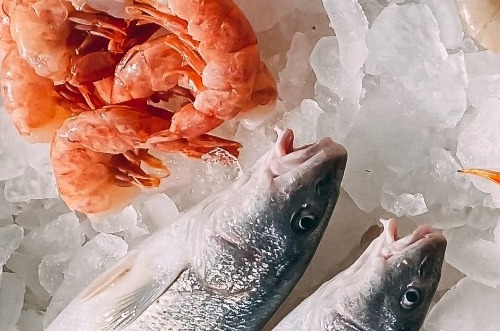W21: Tuna Update

In W21 in the tuna landscape, Vietnam's tuna exports in April 2023 were still lower than in the same period last year, reaching USD 67M, a 38% decrease YoY. In the first four months of 2023, tuna exports fell by 33%, reaching nearly USD 248M. Indonesia's Maritime Affairs and Fisheries Ministry is pursuing tuna seed cultivation to improve national economic added value and boost fishermen's welfare. Fishnets are used to catch baby tuna, which will then be raised in captivity for three to four months before being harvested. The plan is part of the blue economy push and is aimed at eradicating illegal tuna fishing. Further, Indonesia established a blue economy policy in the management of marine and fishery resources, including quota-based measurable fishing and the development of marine, coastal, and freshwater aquaculture. Tuna and skipjack production in Indonesia is estimated to reach 791KT with an economic value of USD 1.4B (IDR 22T).
Spanish tuna operators within OPAGAC are investing USD 7.4M (EUR 7M) to ensure their 380KT annual catch is MSC certified. This is due to their fishing activity in the Pacific, Atlantic, and Indian Oceans, which accounts for 8% of the world's tuna catch. Public health officials in Spain are investigating whether tuna consumption with a high level of histamine is the cause of 66 cases of food poisoning in the Almeria province of Andalusia. Initial data suggests it was served by a caterer at Cosentino and a restaurant in the area. Lastly, Libyan tuna fishing season is a neglected economic resource that costs Libya USD 5B annually due to illegal fishing. It migrates from the Al-Bouri offshore oil and gas field to the Benghazi plain.

